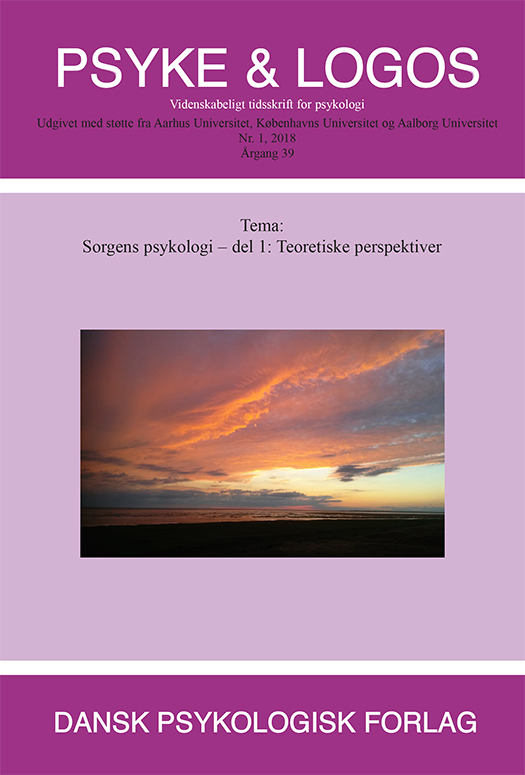Research ethics in practice when bereaved children are included in qualitative research
DOI:
https://doi.org/10.7146/pl.v39i1.112169Keywords:
sorgforskning, forskningsetik, sorgramte børn, kvalitativ forskningAbstract
The consideration of ethics when undertaking studies are a mandatory part of scientific research. National and international ethical codex’s offer rules and general guidelines, such as “to do no harm” and the importance of informed consent. But how is this transformed into practice? This article argues that ethical reflections are particularly challenging when exploring the knowledge and experiences of bereaved children who are involved in qualitative research. Three areas of attention are presented, which may complement the research codes of ethics and provide points of reflection for researchers initiating similar studies. It further discusses the importance of including child perspectives despite the ethical challenges that may arise when children are involved. To conclude, three cases from the authors’ own research involving children, affected by life-threatening illness and death, exemplify the ethical research challenges that can be met in practice and how these can be met.
Downloads
Published
How to Cite
Issue
Section
License
Ophavsret er tidsskriftets og forfatternes. Det er gældende praksis, at artikler publiceret i Psyke & Logos, som efterfølgende oversættes til andet sprog, af forfatteren frit kan publiceres i internationale tidsskrifter, dog således at det ved reference fremgår, at den oversatte artikel har et forlæg i en dansksproget version i Psyke & Logos. Artikler kan frit deles og linkes til på forsknings- og undervisningsnetværk (så som Blackboard). Link foretrækkes, fordi det giver oplysning om brug af tidsskriftets artikler.




